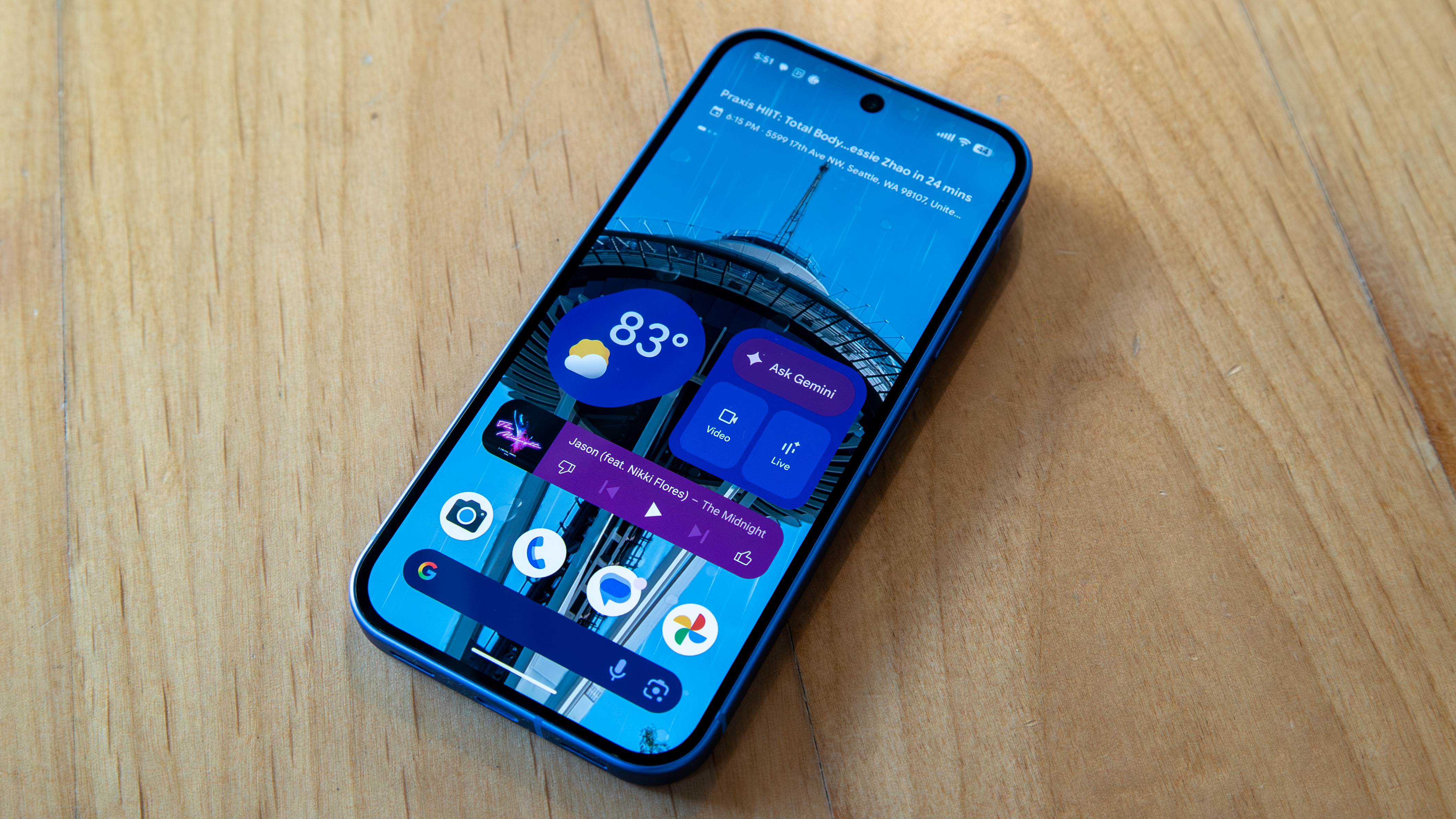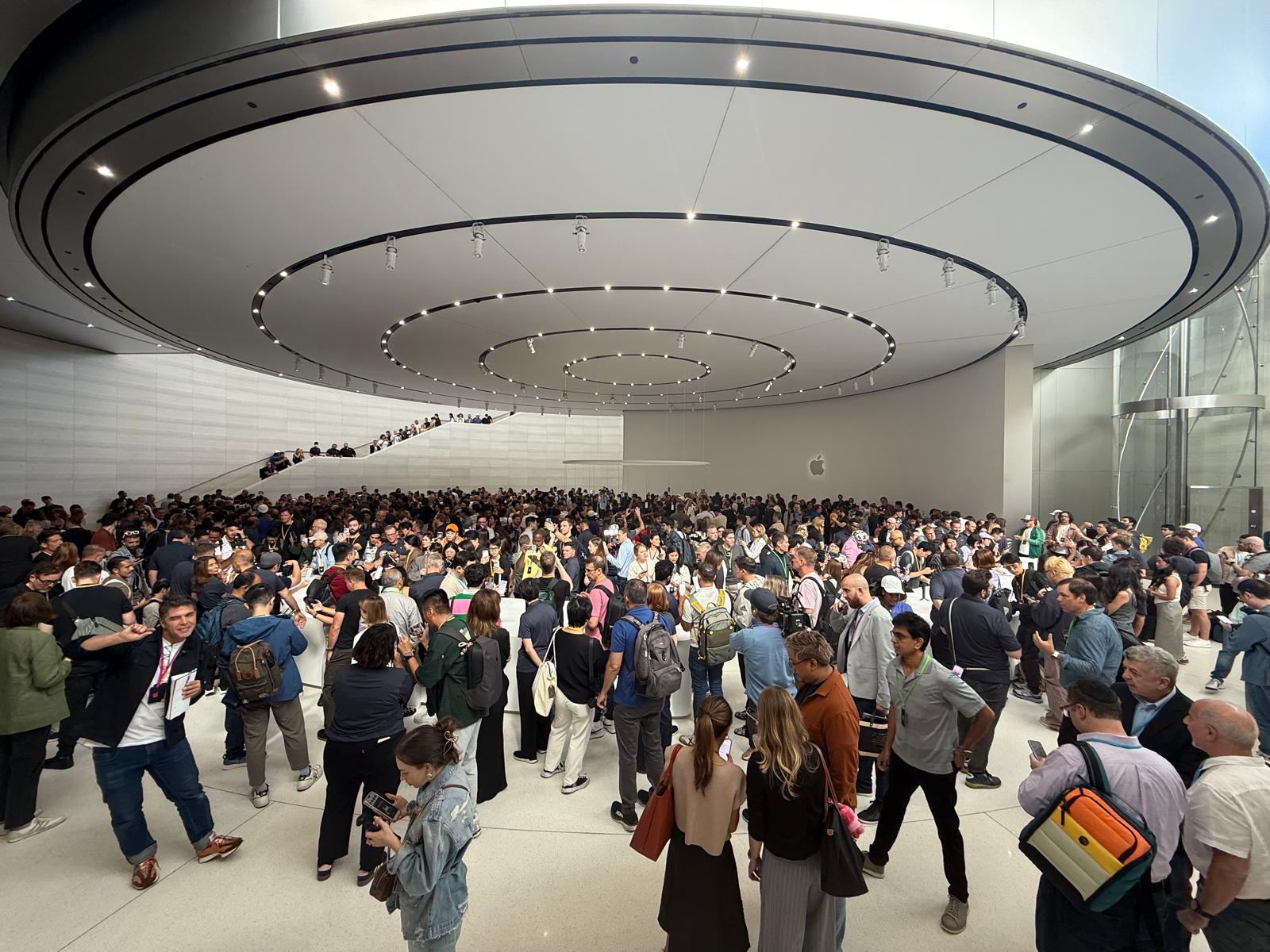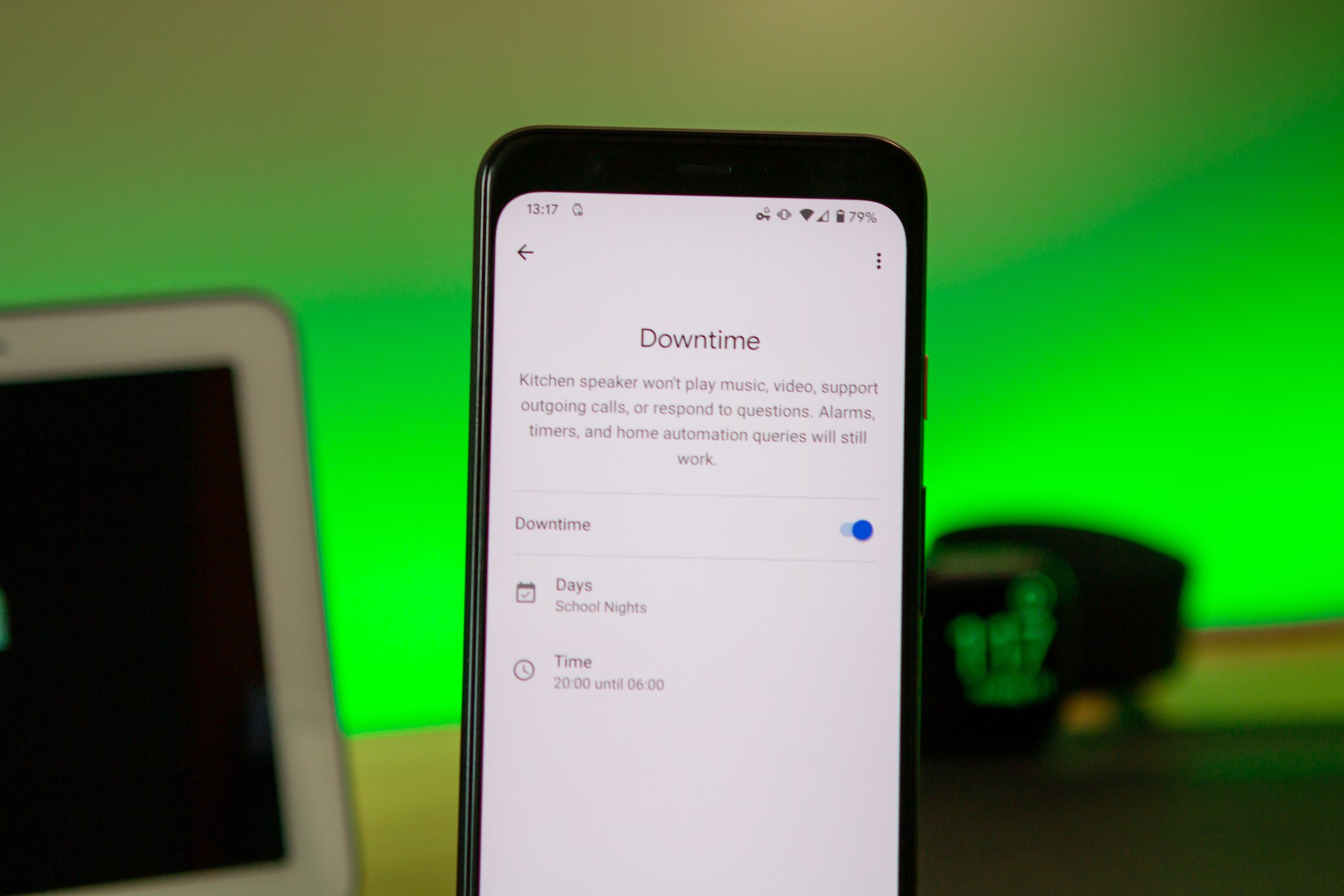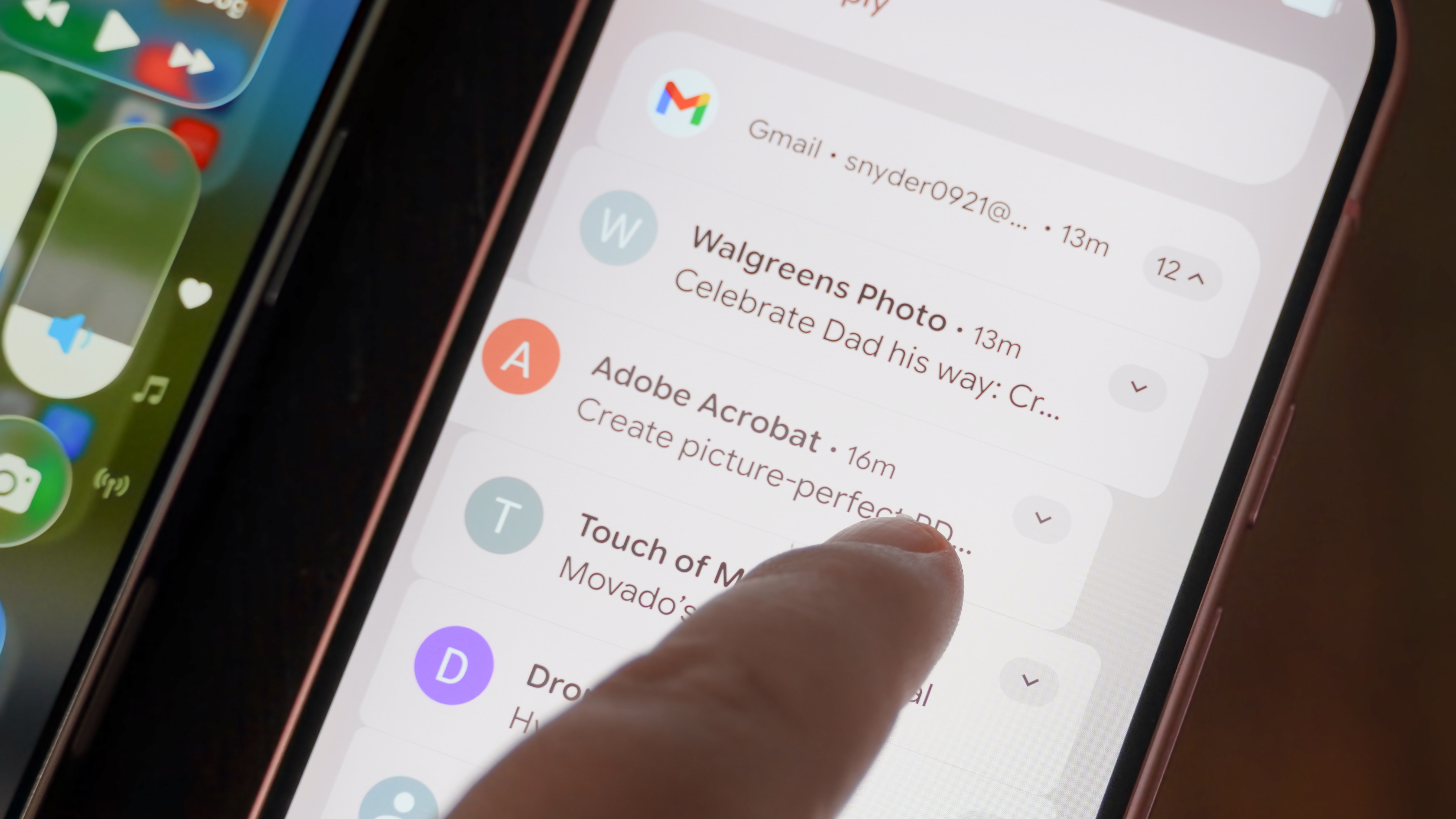I will forego the same old light-hearted weekend banter at this time, as a result of I need to speak about one thing I simply met head-on, did not know a lot about, as realized how terrifying it may be. I am speaking about smartphone dependancy.
Sure, it is an actual factor. Sure, it may be actually dangerous.
Android & Chill

One of many internet’s longest-running tech columns, Android & Chill is your Saturday dialogue of Android, Google, and all issues tech.
In an more and more related world, smartphones have turn into indispensable instruments, woven into the very material of our every day lives. From navigation and communication to leisure and work, our pocket computer systems provide unmatched comfort and entry to info.
But, like several highly effective know-how, they’ll include a possible darkish facet: smartphone dependancy. This is not merely about having fun with your gadget; it is a couple of compulsive and extreme engagement that may negatively affect psychological well being, relationships, and total well-being.
What’s Smartphone Habit?

Smartphone dependancy, sometimes called “problematic smartphone use” or “nomophobia” (no-mobile-phone phobia), is characterised by an uncontrollable urge to make use of your cellphone, resulting in potential penalties in different elements of life. It’s not formally acknowledged as a medical dysfunction within the Diagnostic and Statistical Handbook of Psychological Issues (DSM-5), however its signs and results mirror these of different behavioral addictions, and lots of well being care professionals acknowledge this.
Studying by materials on the internet, these are sometimes indicators of smartphone dependancy:
Preoccupation: Continually eager about your cellphone, even when not utilizing it.
Tolerance: Needing to make use of your cellphone for more and more longer intervals to really feel happy.
Withdrawal Signs: Experiencing anxiousness, irritability, restlessness, or despair when unable to make use of your cellphone.
Lack of Management: Repeated unsuccessful makes an attempt to chop down or management smartphone use.
Destructive Penalties: Continued use regardless of figuring out it is inflicting issues in relationships, work, faculty, or bodily well being.
Sacrifice of Actions: Giving up necessary social, occupational, or leisure actions due to smartphone use.
Deception: Mendacity to household or pals in regards to the extent of your smartphone use.
Temper Alteration: Utilizing your cellphone to flee issues or relieve emotions of helplessness, guilt, anxiousness, or despair.
It is necessary to differentiate between heavy smartphone use and dependancy. Many use their telephones extensively for work or social connections with out experiencing adverse impacts. The crucial distinction lies within the lack of management and the ensuing impairment in every day functioning.
Like alcohol or playing, it is a lot of a “regular” factor that it will possibly destroy your life. And should you’re affected, you in all probability cannot “repair” it alone.
Who Can Be Affected?

The fact is that anybody who makes use of a smartphone can probably develop problematic utilization patterns. Nonetheless, sure components could enhance vulnerability.
Adolescents and younger adults are nonetheless creating and face immense social and peer strain. Typically accompanied by FOMO (concern of lacking out) and a necessity for validation, this will make a smartphone really feel extra necessary than it must be.
Of us with low vanity or different present psychological well being situations typically use their cellphone as a technique to cope or escape, and even as a distraction from stress. This may deepen the reliance on the cellphone for consolation.
People who find themselves in any other case remoted or really feel like they’re could flip to a cellphone as a lifeline to the “actual world”. I can completely perceive this, as my bodily well being points generally hold me indoors and feeling alone for every week or extra. It is powerful.
I am removed from being a medical physician or clinician, however after studying what certified individuals must say, this is smart to me. All of us use our telephones as a crutch once in a while and may really feel like we rely on them. For some, this sense of dependency merely would not go away. It is essential to do not forget that dependancy is complicated and infrequently multifactorial. Whereas some people may appear extra susceptible, accountable and conscious use must be a purpose for all of us.
Getting assist earlier than it is too late

Telephone makers have realized they might help fight any dependancy points by giving us instruments to thwart them. I am acquainted with how Android does it, so that is what I am diving into right here, however Apple and Microsoft (tablets and laptops have an addictive display, too) even have comparable instruments and utilities in place. These can empower us all to handle our smartphone habits and possibly cease an issue earlier than it’s created.
The central hub for managing your digital habits is the Digital Wellbeing Dashboard. It gives issues like every day utilization studies so you may observe how a lot time you actually spent staring into the display, how lengthy you spend on a specific app, and even what number of notifications you get. Attempt it, it is certain to be an eye-opener.
On the utility facet, you too can set app timers to put a every day restrict on how lengthy you are able to do issues like scroll Instagram, and as soon as the time is up, the app is completed till tomorrow. Focus Mode may even pause the apps that distract you probably the most, and so they keep muted and out of the best way till you flip it off.
The way in which your display seems to be is necessary, too. If you take away a lot of the brilliant coloration, your cellphone turns into far much less visually stimulating. For some individuals who crave that stimulation, grayscale mode may be useful.

Android can be so good at notification “administration,” and it will be a disgrace to not use it. With nearly full granular management, you may flip off notifications for particular apps, select for some notifications to be silent, solely obtain “precedence” notifications that require your consideration, and allow Do Not Disturb mode, which might cease all notifications or permit particular individuals to get in contact with you.
.These built-in Android options aren’t magical cures, however they’re highly effective allies within the struggle towards smartphone dependancy. By actively utilizing them, we will attempt to regain management over our digital lives, foster more healthy habits, and finally improve our total well-being.
In the event you suppose you could be spending an excessive amount of time along with your cellphone in your palms however cannot do something about it, the online is filled with locations that may provide assist.
An excellent place to begin might help you assess your scenario and assist determine the best plan of action, so that you’re happier. Being joyful is what actually issues.

